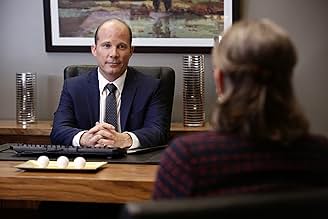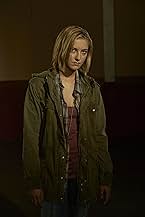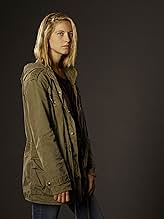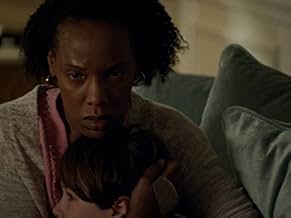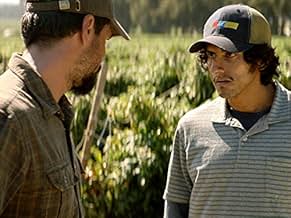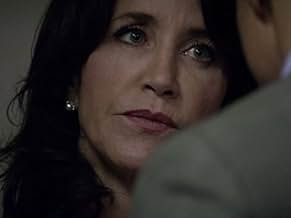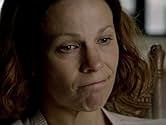If one adheres to the belief that art reveals some critical aspect of being human, then American Crime is one of the best pieces of art I've ever seen in a network television series. The title may mislead viewers into expectations of a high-octane cop procedural; those anticipating such will be disappointed. Just like Breaking Bad (without the violence) American Crime operates on a much deeper, psychologically-taut, gut-wrenching level. It burrows into the souls of its characters, depicting each as they react to and evolve from a single murder committed in Modesto, California.
Described without spoilers, the series begins after the fact, immediately introducing us to eight main characters touched directly by the crime and who are bluntly stereotyped by race, religion, familial position, lifestyle or psychological make-up. They react according to type but as facts of the murder emerge, the burden of carrying these conventions under such inconceivable circumstances forces each character to evolve from type or submerge more deeply and desperately within it.
To say that American Crime reveals how messy life really is would be trite, a whopping understatement. These are extremely diverse characters, linked by a singular event and inflicted with raw, immense pain. They are extraordinarily fleshed out by the likes of Felicity Huffman, Timothy Hutton, Penelope Ann Miller, Benito Martinez and the always underrated but extremely gifted W. Earl Brown (Dan Dority from Deadwood, for a television reference).
Creator John Ridley wisely chose to develop the series anthologically; like True Detective, the characters draw viewers into a world most never see and while the journey is richly satisfying, it is also so wholly unsettling that one can't imagine it continuing through 12 episodes, season after season.



